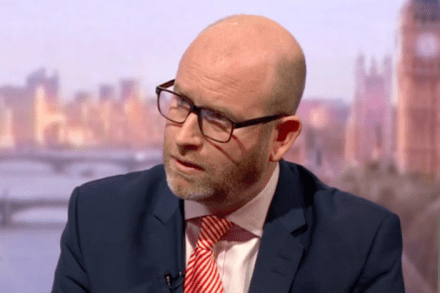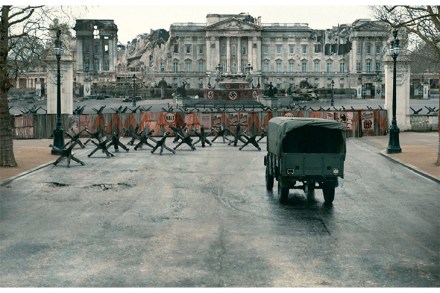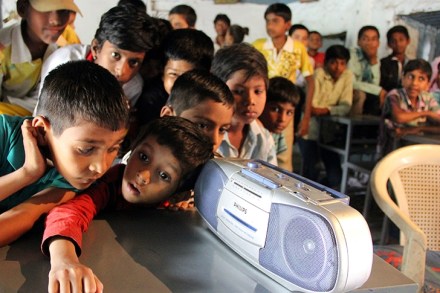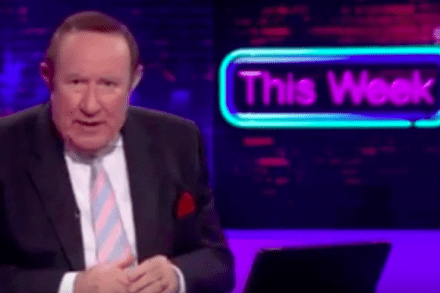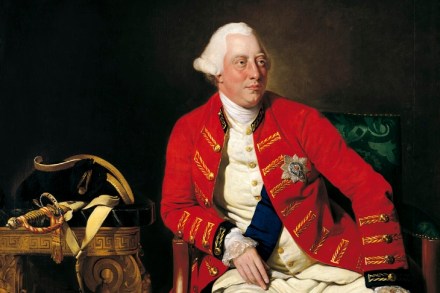Paul Nuttall goes on the offensive as he fights for Ukip’s future
It’s not been a great week for Ukip. Following Paul Nuttall’s by-election loss in Stoke-on-Trent Central, the Ukip leader went on holiday while his party went into free fall. As Nigel Farage mounted a coup against Douglas Carswell over reports that Ukip’s only MP had scuppered Farage’s chances of being awarded a knighthood, Arron Banks labelled Nuttall’s leadership ‘weak’ and told the Ukip leader to make him party chairman (or else). Today Nuttall finally resurfaced with an appearance on the Andrew Marr show. The Ukip leader attempted to draw a line in the sand over the negative publicity his by-election campaign had attracted. Asked about reports that he had lied about losing a close friend at Hillsborough, Nuttall went
